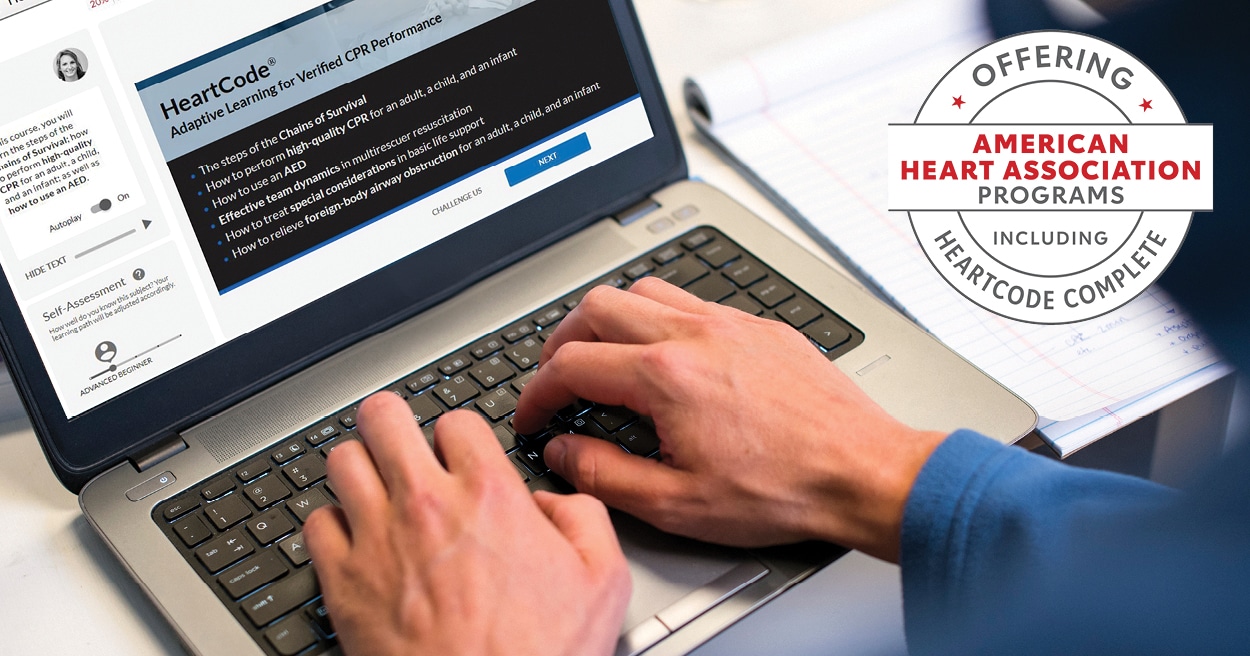American Heart Association© PALS Certification Classes in Santa Cruz

American Heart Association© PALS
Course Name: PALS Pediatric Advanced Life Support (Initial or Renewal)
Online Course Length: 3-4 hours (At your home.)
Skills Testing: 30-40 minutes (At one of our over 55 testing sites.)
Price: $290 (This includes the online PALS course, skills testing, & PALS card.)
Certification: American Heart Association© PALS certification card.
When: PALS classes are offered Monday – Sunday from 7 am to 6 pm
Card Issuance: You will receive the PALS certification card on day of class.
Add ons available: ACLS, BLS, First-aid, Opioid, or Bloodborne Pathogens
Low Price Guranetee: Lowest Prices in Northern CA. Price matching policy.
View PALS Courses in Santa Cruz & Other Cities Near You
PALS Certification Classes in Santa Cruz: Empowering You to Respond to Pediatric Emergencies
Pediatric Advanced Life Support (PALS) classes offered by the American Heart Association (AHA) in Santa Cruz, California, are designed to equip healthcare providers with the knowledge and skills necessary to effectively manage pediatric emergencies. PALS certification is essential for healthcare professionals who work in settings where pediatric patients may require immediate and specialized care. This article explores the significance of PALS training, the curriculum and format of PALS classes in Santa Cruz, and the impact of these classes on healthcare providers and pediatric patient care in the community.
The Importance of PALS Training
Pediatric emergencies, such as respiratory distress, cardiac arrest, and severe trauma, require prompt and proficient care to improve outcomes. PALS training focuses on the recognition and management of these and other pediatric emergencies, with an emphasis on early intervention and effective teamwork. Healthcare providers who undergo PALS training learn to assess and stabilize pediatric patients, initiate advanced life support interventions, and communicate effectively with the healthcare team and family members.
The Curriculum and Format of PALS Classes in Santa Cruz
In Santa Cruz, PALS classes offered by the AHA are tailored to meet the needs of healthcare providers who care for pediatric patients. The curriculum covers a wide range of topics, including pediatric assessment, airway management, respiratory emergencies, shock, and cardiac arrest. PALS classes are typically delivered through a combination of lectures, hands-on skills stations, and simulated pediatric cases.
Certified PALS instructors facilitate PALS classes in Santa Cruz, providing participants with the opportunity to practice essential skills such as pediatric airway management, intravenous access, and cardiac rhythm recognition. The interactive nature of PALS classes allows healthcare providers to enhance their clinical decision-making skills and confidence in managing pediatric emergencies.
The Impact of PALS Training on Healthcare Providers and Patient Care
PALS training has a profound impact on healthcare providers and patient care. Healthcare providers who are PALS-certified are better prepared to respond to pediatric emergencies, leading to improved outcomes for pediatric patients. Studies have shown that hospitals with higher rates of PALS certification among staff have lower mortality rates for pediatric patients.
Furthermore, PALS training enhances the overall quality of pediatric care in healthcare settings. PALS-certified healthcare providers are more proficient in pediatric assessment and management, which can lead to reduced hospitalizations, fewer complications, and improved long-term outcomes for pediatric patients.
Conclusion
In Santa Cruz, California, American Heart Association PALS classes play a crucial role in ensuring that healthcare providers are prepared to manage pediatric emergencies effectively. By providing participants with the knowledge and skills necessary to assess, stabilize, and treat pediatric patients, PALS classes contribute to improved outcomes and a higher standard of care for pediatric patients in the community. Through collaboration, education, and commitment to excellence, the AHA and its partners in Santa Cruz strive to empower healthcare professionals with the tools they need to save lives and promote pediatric health and well-being.
FAQs
Who should attend PALS certification classes in Santa Cruz?
PALS certification classes are primarily designed for healthcare professionals who are involved in the management of pediatric patients, including pediatricians, emergency physicians, nurses, paramedics, and respiratory therapists.
How long does a PALS certification course typically last?
PALS certification courses usually span over two days, with a combination of didactic instruction, skills practice, and simulated scenarios to ensure comprehensive learning and skill mastery.
Is there a renewal requirement for PALS certification?
Yes, PALS certification is typically valid for two years, after which healthcare professionals are required to undergo PALS renewal courses to maintain their certification.

